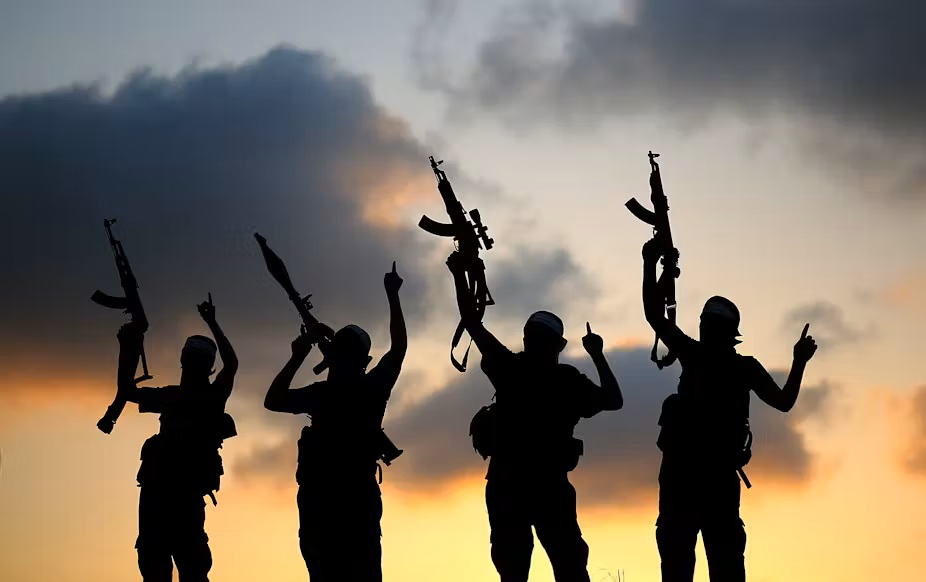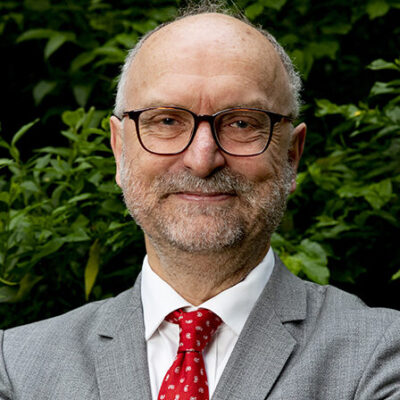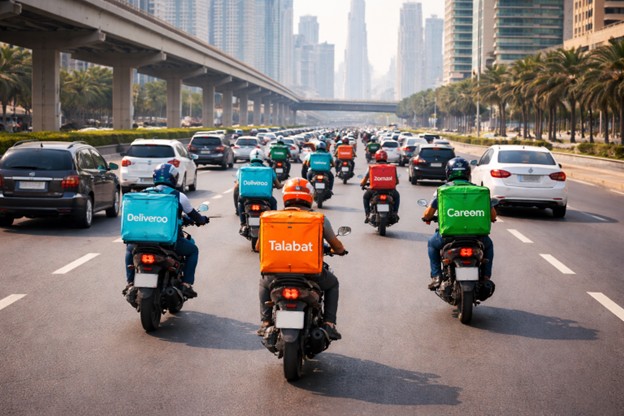
The threat of Jihadist terrorists in Europe against dissidents is on the rise. The Islamic Republic of Iran alone has killed more than 540 opponents abroad to date, as per the Abdorrahman Boroumand Centre for the Promotion of Human Rights and Democracy in Iran. In a 2024 report, Human Rights Watch states that ‘transnational repression’ is being used to target journalists, opponents and activists. The threats against Darya Safai, Lale Gül, and Geert Wilders are clear examples. Western governments are at a loss.
By Paul Cliteur
The Liberum published earlier about the threats against Darya Safai. The Iranian-Belgian dentist, women’s rights activist, and politician for the New Flemish Alliance, is characterised by her vigorous criticism of Islam and of the regime in Iran, which has declared Islam its state religion.
On 28 July 2025, Safai wrote on her Facebook page that the Belgian police and security services had contacted her to inform her that the Islamic regime in Iran wanted to kidnap her. They planned to do so by first taking her to Turkey. Safai was therefore advised never to go to Turkey.
Not only was Safai’s position in danger, but also that of many other critics of Islam and Iran in the Western world, where the position of dissidents is one of the most underestimated security issues.
In fact, it is discussed as little as possible. In the Netherlands, the threats against author Lale Gül are still fresh in our minds. Gül made her debut with a novel in 2021, Ik ga leven (“I’m going to live”), in which she describes her struggle to break free from the strict Islamic upbringing she received from her Turkish parents.
Gül is also under serious threat, but unlike Safai, not so much from abroad as from radicalised young people from migrant families. The police occasionally track down a threatener, who is then prosecuted and convicted. Still, there are so many often-anonymous threateners that it is like trying to bail out a sinking ship. In her book Ik ben vrij (“I am free”, 2024), Gül describes her arduous struggle with the authorities, who are in fact unable to offer her adequate security.
The governments in Belgium (with Safai) and the Netherlands (with Gül) seem completely at a loss as to how to fulfil their obligation to maintain the monopoly on the use of force within the territory of the state. Safai and Gül naturally have freedom of thought, conscience, and religion, in accordance with Article 9 of the European Convention on Human Rights. They also have freedom of expression, as stipulated in Article 10 of the same convention. But in fact, these critics of Islam cannot enjoy these rights due to the threat of violence emanating from people who, invoking Islam, want to deny them these rights.
The most insane situation in this regard concerns the Dutch politician Geert Wilders. Wilders, leader of the largest political party in the Netherlands (37 seats in Parliament), has been threatened by people from Pakistan for decades because of his criticism of Islam. Unlike Safai, who the Iranian government directly threatens, Wilders is threatened by radical Islamic circles that the government is apparently unable to control.
In 2019, Pakistani Junaid I. was sentenced to 10 years in prison for attempting to murder Wilders. In September 2023, Pakistani Khalid Latif was convicted in absentia to 12 years in prison by the court in The Hague for his attempt to incite the murder of Wilders. Latif had offered a reward of €21,000 for the murder of Wilders in response to his cartoon competition about the Prophet Mohammed.
In September 2024, spiritual leader Mullah Muhammed Ashraf Jalali and politician Saad Hussain Rizvi were convicted by the court in The Hague for incitement to murder and threats against Wilders with terrorist intent. And this is just the tip of the iceberg.
Safai, Gül, and Wilders are often reproached in Western jurisdictions for crimes of “religious hatred” or “insulting a group based on the religion of that group”, but according to the non-Western or Islamic legal perspective, what they do is often characterised as “blasphemy”.
The situation that has arisen in Western countries as a result of this threat is a strange paradox. On the one hand, we can speak of a decline in the enforcement of blasphemy laws. Blasphemy has generally been decriminalised in Western jurisdictions. But at the same time, the West is confronted with the fact that jihadist figures and militias impose severe sanctions on what they see as blasphemy from the perspective of Islamic law.
Western governments are unable to enforce their monopoly on the use of force within their own territories. So, on the one hand, we are dealing with a “fall of blasphemy laws” in the sense that the official governments of Western countries are decriminalising blasphemy.
On the other hand, we are dealing with a “rise of blasphemy laws” in the sense that Islamist terrorists are threatening alleged blasphemers such as Safai, Gül, and Wilders, with the state proving powerless to restrain those terrorists.

Terrorism works
Let’s not beat about the bush: the intimidation of critics of Islam by jihadist terrorist groups or individuals is working exceptionally well. How do I know this? You can see it from the reactions. Fundamental criticism of Islam is virtually non-existent in the Western world.
In the Islamic world, criticism of Islam is impossible because anyone who engages in it is immediately arrested and punished by the state. That is well known, and I will not discuss it further here. I am concerned with the reactions to criticism of Islam in the Western world, in Europe, for example. What are the reactions there?
In the Western world, we can identify two reactions:
This brings me to a second response to criticism of Islam in the Western world. That second response is:
We see this fatal combination of Islamo-leftism and jihadist terrorism in all European countries. It also plays a role in the background of the primary debates between the “left” and the “right” in the European elections. Left means open borders. Proper means closed borders. But what this aversion to open borders often has to do with is fear.
Fear of jihadist Islam can change a society in fundamental ways. What people fear is that Safai, Gül, and Wilders are canaries in the coal mine. What is happening to them now could become commonplace for the rest of society tomorrow.





